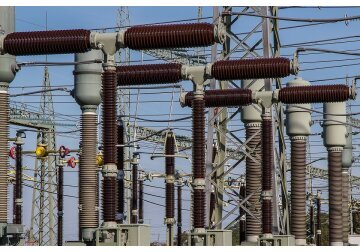
The tender for the construction of the Suceava-Balti transmission line in Romania received 2 bids: from a Romanian consortium and a Turkish company
Romanian media reported that, according to the Public Procurement Electronic System, the Romanian company Transelectrica received two bids for the construction of the 400 kV Suceava-Balti line in Romania within the established deadline: from a consortium led by the Romanian company Electromontaj (the leader of the association), controlled by Romanian businessman Dragos Bîlteanu. The consortium also includes ELM Electromontaj Cluj, and the bid was formally submitted by two subcontractors: Emfor, which is also part of the Electromontaj group, and Elemo. The other proposal came from the Turkish company MİTAŞ ENERJİ VE MADENI İNŞAAT İŞLERI TÜRK, which acted as a subcontractor with the well-known Romanian company Enevo. According to publicly available data, the Turkish firm is part of an industrial conglomerate with annual sales of $300 million that, among other things, operates worldwide in the design and manufacture of supports and structures for energy transmission and distribution. The approximate value of the contract for the construction of the 400 kV Suceava-Balti transmission line for the part of the project in Romania is 159 million Romanian lei (€32 million). The project involves the construction of a 400 kV cross-border overhead power transmission line between Suceava (Romania) and Balti (Moldova) with a total length of about 142 kilometers, of which about 93 kilometers on Romanian territory. The works are to be completed within 52 months from the signing of the contract. Earlier it was reported that in Moldova the construction of the 400 kV Balti-Suceava transmission line and the expansion of the power plant in Balti was declared a project of national importance. The project is scheduled to be completed by the end of the fourth quarter of 2027. It was reported that the cost of construction of the 400 kV Balti-Suceava transmission line alone is estimated at 37 million euros, with the European Bank for Reconstruction and Development and the European Investment Bank providing 14.8 million euros each for its implementation, and the European Union providing 7.4 million euros in the form of a grant. // 14.08.2024 - InfoMarket.







